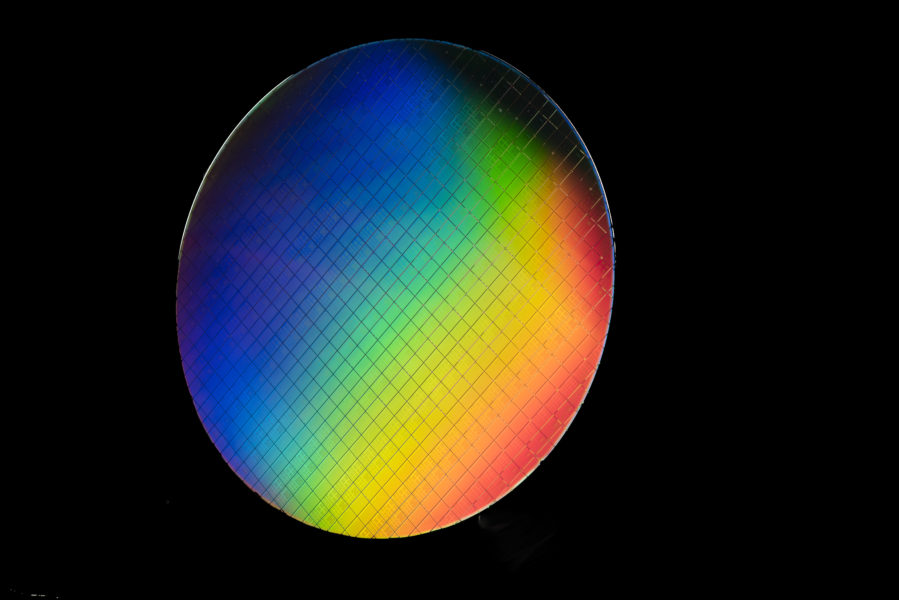Intel, in collaboration with QuTech, today published a paper in Nature demonstrating the successful control of “hot” qubits, the fundamental unit of quantum computing, at temperatures greater than 1 kelvin. The research also highlighted individual coherent control of two qubits with single-qubit fidelities of up to 99.3%. These breakthroughs highlight the potential for cryogenic controls of a future quantum system and silicon spin qubits, which closely resemble a single electron transistor, to come together in an integrated package.

Applying quantum computing to practical problems hinges on the ability to scale to and control thousands – if not millions – of qubits at the same time with high levels of fidelity. However, current quantum systems designs are limited by overall system size, qubit fidelity and especially the complexity of control electronics required to manage the quantum at large scale.
Having the control electronics and spin qubits integrated on the same chip greatly simplifies the interconnects between the two. But increasing the temperatures at which the qubits can operate is critical to advancing that goal. Previously, a quantum computer was only proven to operate in the millikelvin range – just a fraction of a degree above absolute zero. Now, with this research into hot qubits, QuTech – in partnership with Intel – has proven its hypothesis that silicon spin qubits have the potential to operate at slightly higher temperatures than current quantum systems, achieving just one step towards scalability.
The approach enables Intel to leverage its expertise in advanced packaging and interconnect technologies for a scalable path forward toward quantum practicality. This research builds on Intel’s ongoing work in advancing the development of full-stack quantum systems, including the introduction late last year of the first-of-its-kind Horse Ridge cryogenic quantum control chip.
Quantum information stored in such qubits is normally quickly lost unless the qubits are cooled to near absolute zero (-273 degrees Celsius or 0 kelvin). In research highlighted in Nature, Intel and QuTech have for the first time demonstrated the operation of qubits that are hot, dense and coherent. These compact qubits function at high quality and at relatively high temperatures.
While single-qubit control above 1 K with silicon quantum dots is demonstrated simultaneously with this work, control of two qubits was only achievable until now at a reduced temperature of 40 millikelvins. Intel’s research with QuTech shows full two-qubit logic in a quantum circuit operating at 1.1 K.
Through this research, Intel and QuTech have also demonstrated the ability to control the electron spin of a two-qubit system measuring single-qubit fidelities of up to 99.3% and accurate tunability of the system. Further, the team has illustrated that performance of spin qubits is minimally affected in the temperature ranges of 45 millikelvin to 1.25 kelvin.